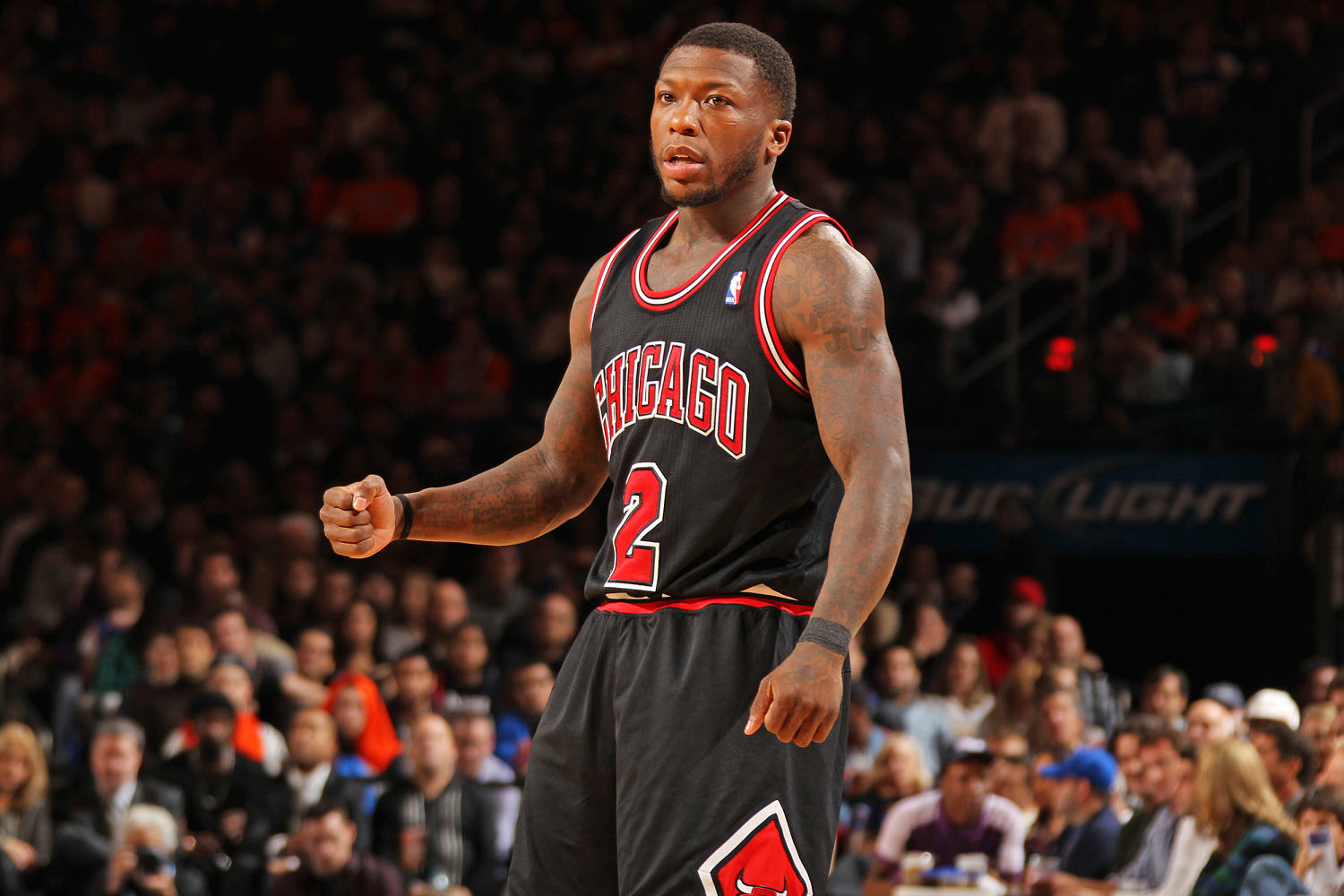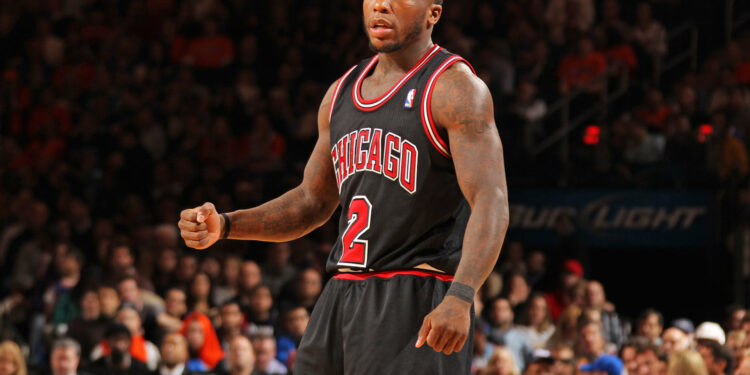
Former NBA star Nate Robinson, who was diagnosed with kidney disease 18 years ago, said he knows he will die if he doesn’t find a kidney donor soon.
“I gotta stick around. I want to stay alive for the next 40 years: be a grandpa, see my kids’ kids, take them to the gym, tell them the stories of when I was in the NBA around ‘Bron and Kob’ and all these guys,” he told Men’s Health magazine in an interview that published Tuesday. “I gotta fight for it.”
Robinson’s kidneys have been functioning at less than 15 percent of their optimal capacity, according to the magazine. He said some days after getting dialysis, a procedure to remove waste and excess fluid from the blood after the kidneys stop working properly, he gets body cramps, shortness of breath, and experiences violent vomiting.
On days when he feels good after treatment, he trains at the gym and spends time with his children. He said having a routine has helped him get out of what he calls “the dark place.”
“I was so angry in the beginning,” he told the publication. “I was so mean.”
The former Chicago Bulls guard played 11 seasons in the NBA for eight different teams, including the Nuggets, Thunder, Pelicans, Knicks, Warriors, Celtics, Clippers and Bulls. He made a name for himself in New York when he became the first player in history to win the Slam Dunk Contest three times.
Robinson, 40, told Men’s Health that team doctors had warned him of high blood pressure and even went as far as trying to stop him from playing games if his pressure was too high. Diabetes and high blood pressure are the two main causes of kidney disease, according to the National Kidney Foundation.
Knowing he wasn’t going to stop playing, Robinson said he would tell the doctors to stop checking.
In 2006, he was diagnosed with kidney disease. Doctors then warned him that his kidneys would likely fail in his 30s. But Robinson said he “felt like I was Superman.”
“I never thought I would get sick,” he said.
By 2018, he was experiencing kidney failure. Two years later, Robinson said he caught Covid and ended up in the hospital. Doctors told him that his kidneys were working too hard and he needed to start dialysis.
“They told me I might as well start dialysis today,” he said, recalling his 2020 visit. “‘Your kidneys are working too hard; they’re deteriorating as we speak. The only way you will walk out of here alive is if you start dialysis.’ It was the only thing I had left.”
He told the publication that he hopes to get on the Washington state kidney transplant waitlist and eventually the national list.
Robinson said he has accepted his journey, recalling how his mother always knew he was a fighter.
“She knows that I’m gonna give it my all like anything else,” he told the publication. “That’s one thing I respect about myself. I’ve never been a quitter. And I ain’t gon’ start now.”







